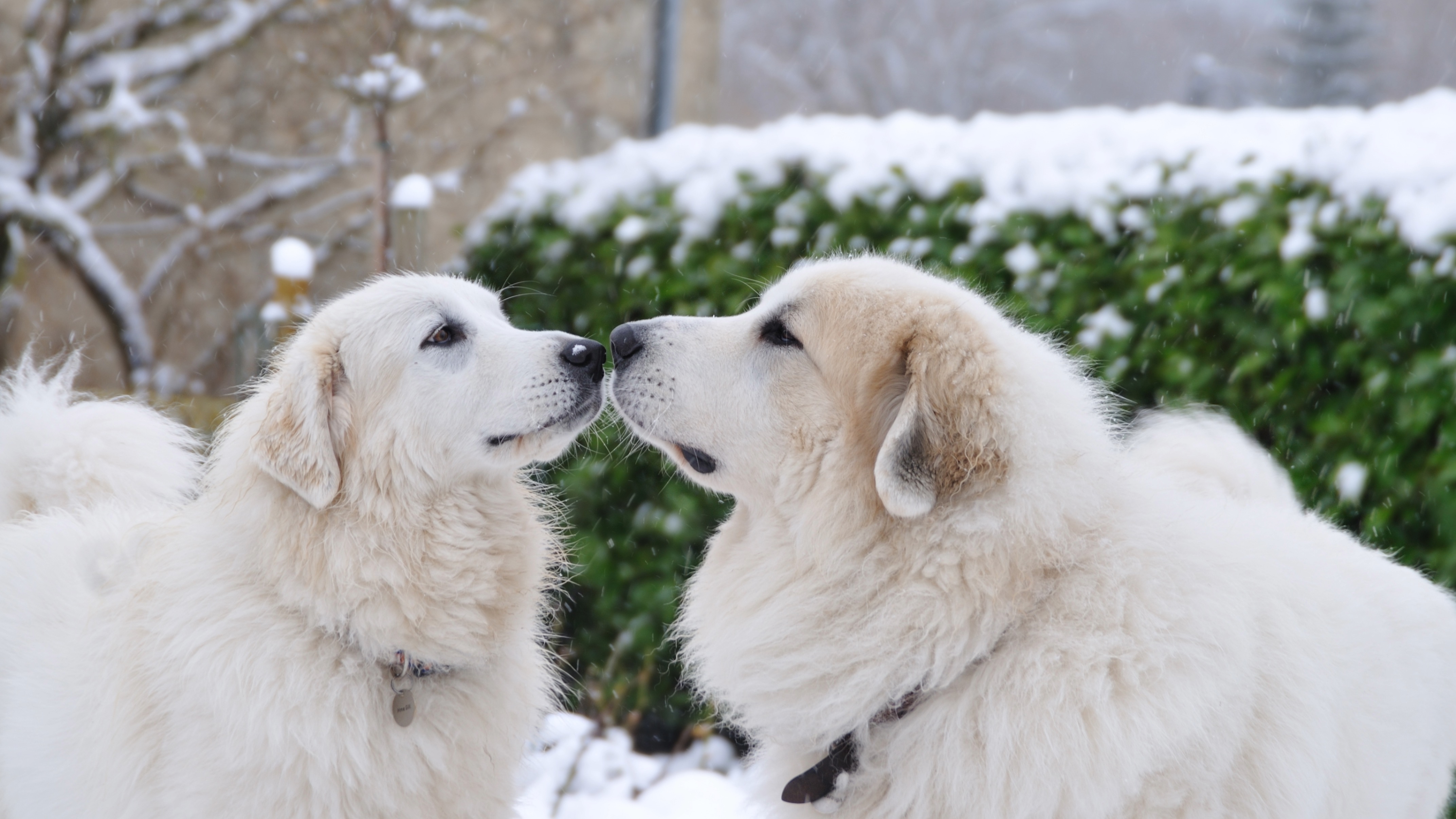Dog owners often follow this socialization advice, but it’s actually a myth (according to one trainer)
Believe it or not, your pup doesn’t need to say hello to every single other dog you see.

Get the best advice, tips and top tech for your beloved Pets
You are now subscribed
Your newsletter sign-up was successful
If you’re a dog parent, you’ve probably heard that your dog should interact with every other canine you pass on the street or at the park for proper socialization.
However, that’s not entirely true. Sure, socialization is vital. But, it’s best to prioritize quality over quantity. Rather than making your dog have as many interactions as possible, you should ensure that the interactions your dog does have are good ones. If your pooch is perfectly happy playing with one of the best dog toys in public rather than saying hello to every other pup that passes by, that’s okay!
In a recent Instagram post, certified dog trainer San Choi, of Ruff Roll Academy, has explained why.
A post shared by San (KPA-CTP) (@ruffrollacademy)
A photo posted by on
“Dogs need quality experiences with dogs they enjoy to be well socialized,” Choi begins, before urging dog parents to advocate for their pups’ social preferences.
“Most dogs are dog-selective,” he continues, meaning that they enjoy the company of some dogs, but not others. Like humans, dogs are all different, with some loving the company of all dogs, some only enjoying spending time with one or two other dogs at most, and many falling somewhere in between the two extremes. Choi says that we should learn more about our dogs’ social preferences, and tailor our approaches to socialization accordingly.
Rather than giving our pups free rein, explains Choi, “We have to monitor them every step of the way, especially so since their social preferences can also change over time due to their learning experiences and their own qualities as an individual.”
And taking the time to learn about your dog’s preferences and advocate for them when they’re young can be the difference between them growing up fearing other dogs and growing up more well-adjusted. But whether you’re just bringing home a puppy for the first time or you have an older dog, there’s no time like the present to start doing so!
Get the best advice, tips and top tech for your beloved Pets
Choi finishes, “Because our dogs are individuals and they have their own thoughts and feelings as sentient beings, it is only going to be helpful for us to promote learning and supporting those needs as a way to allow our dogs to live comfortably.”
If you’d like to learn more about dog socialization – particularly when it comes to younger pups – these tips from a dog behaviorist could come in useful: I'm a dog behaviorist and these are my 6 tips for socializing a puppy.

Adam is a freelance journalist specialising in pets, music and culture, and mental health and wellbeing. He investigates and writes the large majority of news on PetsRadar, and collaborates with veterinary experts to produce informative pet care content.
Adam has a journalism degree from Southampton Solent University and a masters degree in Magazine Journalism from Cardiff University. He was previously senior editor at dog advice website DogTime.com, and has also written for The Independent, GoodToKnow and Healthline.
He owns two rescue cats, Bunny and Dougie, and has also previously had a rabbit, fish and Roborovski dwarf hamsters.
